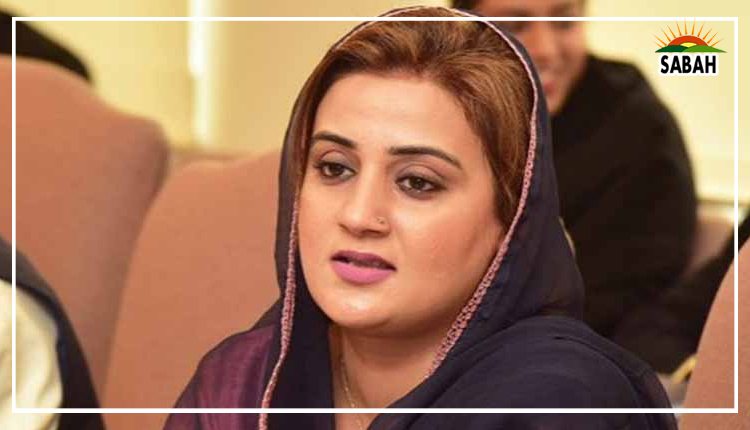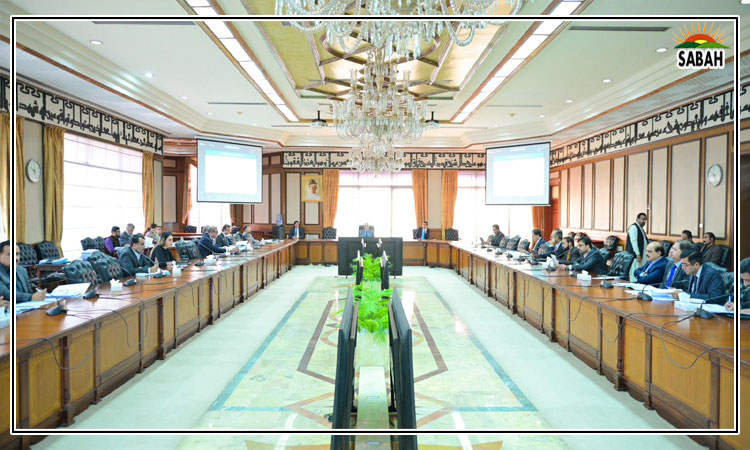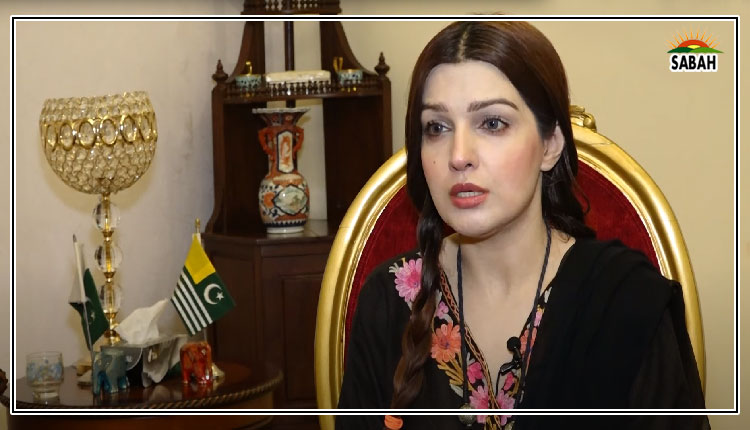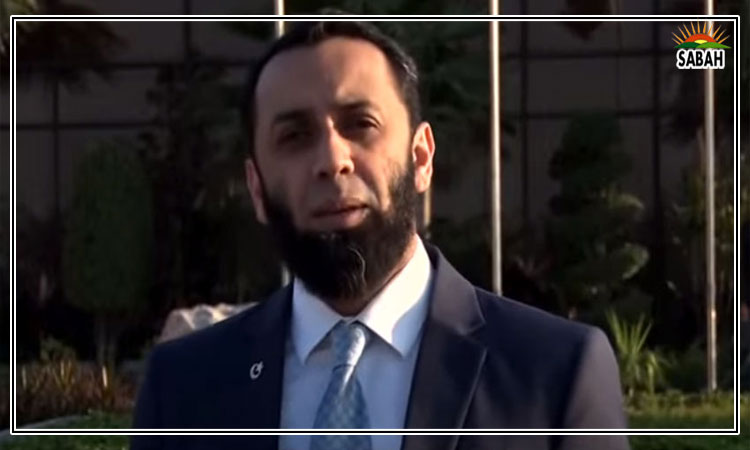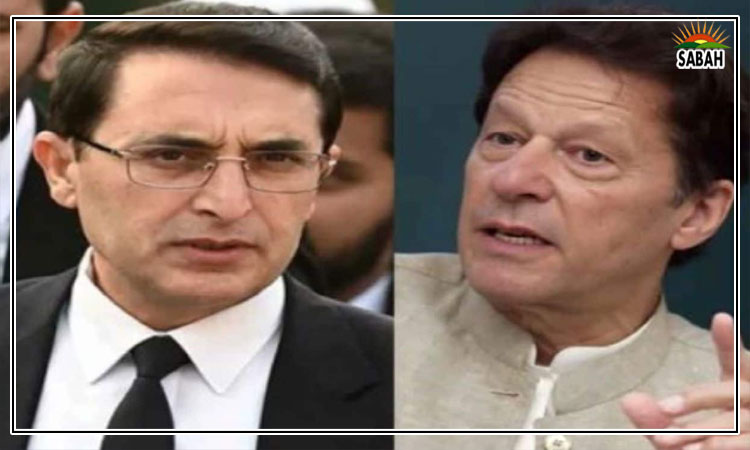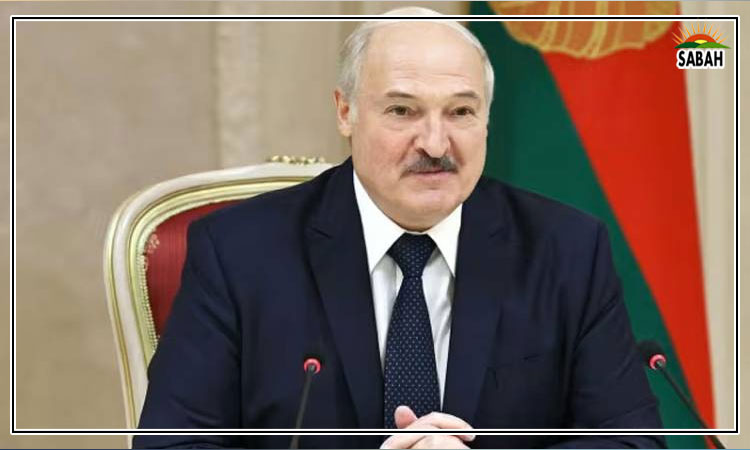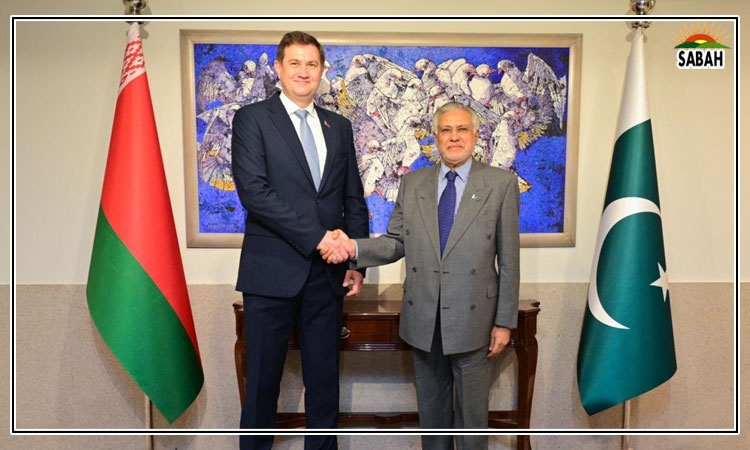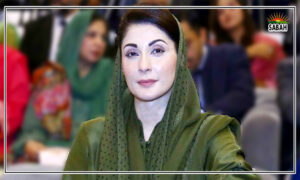King and Gandhi’s India…Syed Sikander Mehdi
On April 4, 1968, Martin Luther King Jr, one of the greatest nonviolent leaders of the 20th century, was assassinated on the balcony of the Lorraine Motel in Memphis, US. To honour his memory and struggle for freedom, equality, and justice, the Martin Luther King Jr Memorial was built in downtown Washington, DC.
On the third Monday of January each year, a federal holiday is observed in the US to celebrate his birth anniversary (he was born on January 15, 1929). He is the first black and the third American to be honoured by a federal holiday the other two are presidents George Washington and Abraham Lincoln.
Thousands of books have been written on King and his struggle. Academics all over the world offer courses on his time and life, the challenges he faced, and the heroic fights he fought against racism, inequality and indignity as well as war and militarism.
Within a short period of 13 years from December 1955 till his assassination in 1968 this brilliant political strategist brought about a sort of irreversible political and social change in the US. Even after his death, his work kept influencing numerous movements launched against slavery, assault on democracy and freedom, and militarism during the last 56 years (after his death).
King was a great admirer of Mahatma Gandhi and proudly presented himself as his disciple. In 1949, seven years before the launch of the Montgomery Bus Boycott, which also launched him as a leader of the US civil rights movement, he attended a world pacifist meeting in Philadelphia, where the president of Howard University spoke on the life and work of Gandhi. This speech had a tremendous impact on him, and he took guidance from Gandhis work in his struggle against the grave injustices faced by the Black community in America.
In his book titled Stride Toward Freedom, King wrote that it was in Gandhian emphasis on love and nonviolence that I discovered the method for social reform that I had been seeking for so many months. He added that his quest for a theory of salvation and search for a powerful political strategy to fight against the arrogance of white power took him to the doorsteps of a number of intellectuals and game changers, including Jeremy Bentham, Karl Marx, Vladimir Lenin, Thomas Hobbes, Jean-Jacques Rousseau and Friedrich Nietzsche, but it was Gandhis philosophy of nonviolence that showed him the way.
King had never met Gandhi, who died in January 1948, long before King emerged as a powerful leader of the Black resistance movement. However, he developed tremendous admiration for Gandhi and his political philosophy after reading his political writings, published speeches, books and articles on his life and political struggle, and spent long hours discussing how the Gandhian philosophy of nonviolence could be applied to his countrys After all, the US was different from Gandhis India.
By 1959, King had become a front-ranking leader of the civil rights movement. Even though he was busy, he managed to take five weeks out of his busy schedule to visit India. Accompanied by his wife Coretta Scott King and his friend Lawrence Reddick, King left New York for Bombay (now Mumbai) on February 3, 1959. It was Gandhis India where King went to learn more about the technique and power of nonviolence and to personally visit the places that had witnessed and experienced the Gandhian nonviolent struggle against a powerful colonial empire. He often described his visit to India as that of a pilgrim.
During his five-week stay in India, King was accorded protocol, help and assistance by the government of India. He was also facilitated in so many ways by civil society organizations during his travels to various sites, towns and cities.
King had a pleasant memory of his trip to India. In an article written after his return from India, he wrote: I left India more convinced than ever before that non-violent resistance is the most potent weapon available to oppressed people in their struggle for freedomThe aftermath of hatred and bitterness that usually follows a violent campaign was found nowhere in India. He observed that in Gandhis India, a mutual friendship based on complete equality existed between Indian and British people within the Commonwealth.
King was a sharp observer of the changing Indian society, the condition of ordinary Indians, Gandhis relevance in post-Gandhi India, and Indias importance for liberation struggles being waged in various African and Asian countries. It is therefore a small wonder that he said: the way of acquiescence leads to moral and spiritual suicide. The way of violence leads to bitterness in the survivors and brutality in the destroyers. But, the way of non-violence leads to redemption and the creation of the beloved community.
Though highly impressed by Gandhis India, King also witnessed the poor mans India and was saddened. He observed that India was a vast country with multifaceted problems. There were crowded settlements everywhere; most people were poor and poorly dressed. But in contrast to poverty-stricken Indians, there were rich Indians with luxurious homes, landed estates and fine clothes.
King visited India in 1959, about 65 years ago. Since then, India has made giant strides and developed itself into a vibrant society with an increasing influence on the global stage. It has advanced science and technology and education sectors; its physical infrastructure is developed; it is one of the fastest growing economies in the world, and it is a politically stable country, which takes pride in being the largest democracy in the world.
But if Martin Luther King Jr had visited India today, he would have seen Indian Prime Minister Narendra Modis India and not Gandhis India. While he would be happy to see the progress made by India and the influence it wields in the modern world today, he would have been saddened to see the fascistic policies being pursued in the name of development.
Todays India has descended into chaos. There are attacks on peoples freedom of speech; militarism and extremism are growing in the country; and the violence and arrogance of the Hindu majoritarian state is everywhere.
Had King today tried to look for the India he visited 65 years ago, he would not have found it. It is, however, likely that he would have called upon the people of India to bring Gandhi back to their country so that India and the rest of the world could join the struggle against wars and chaos in the world.
Courtesy The News



